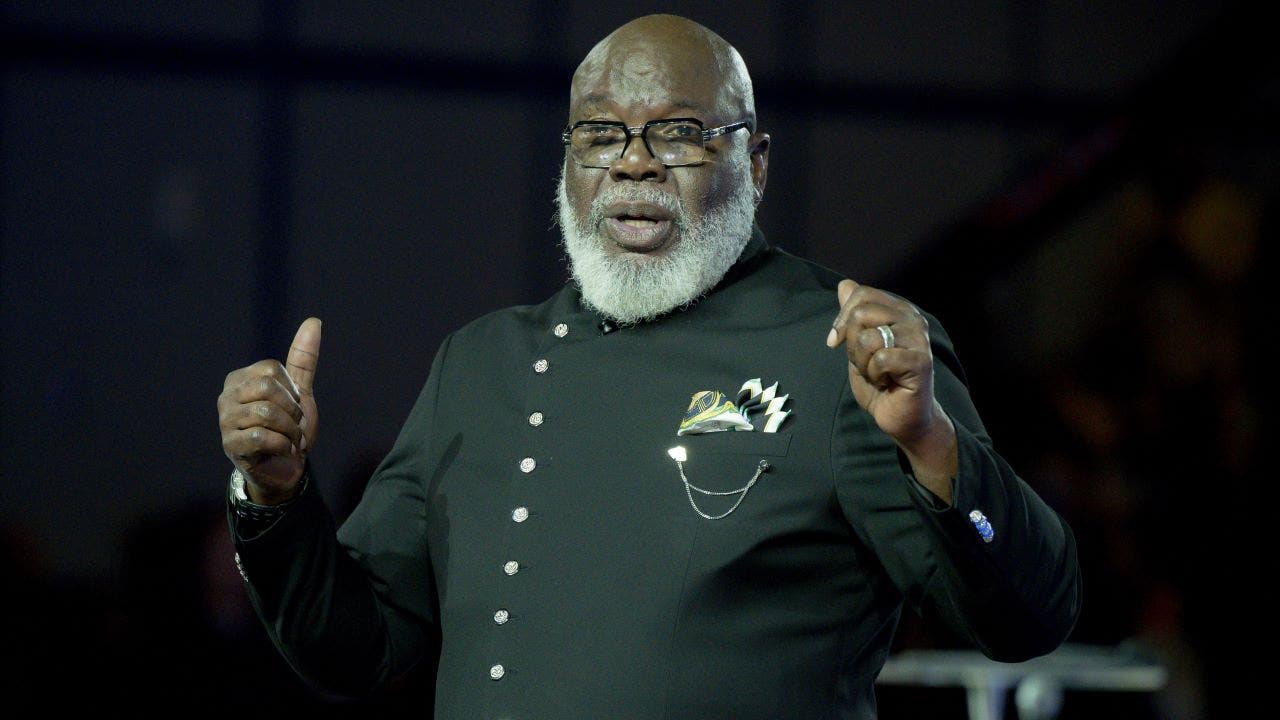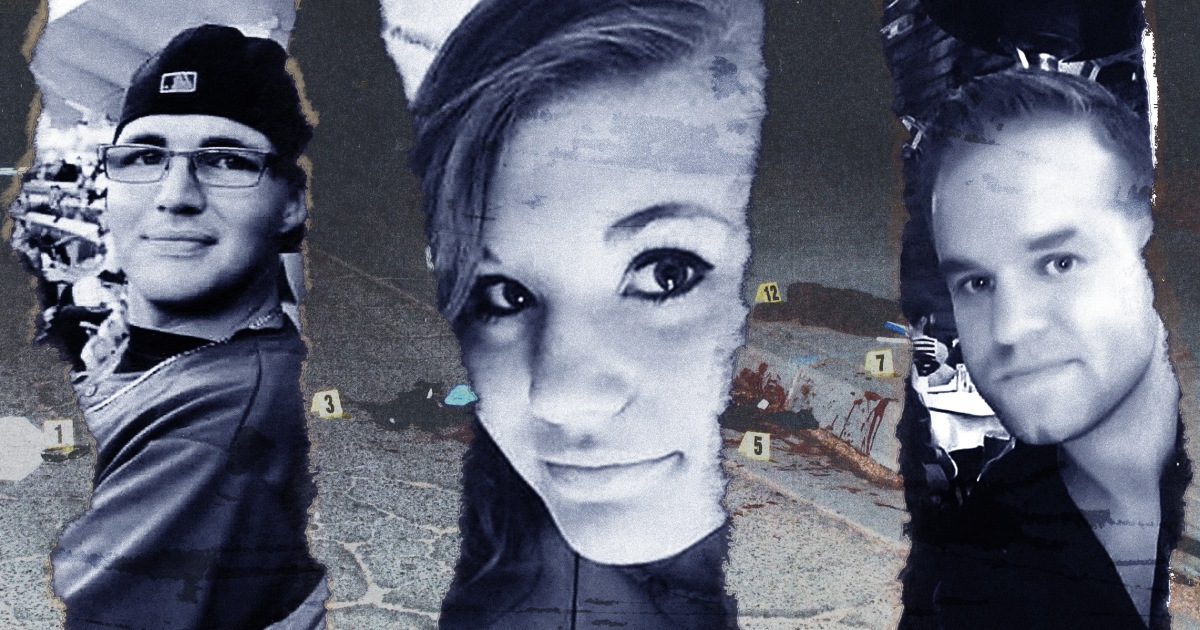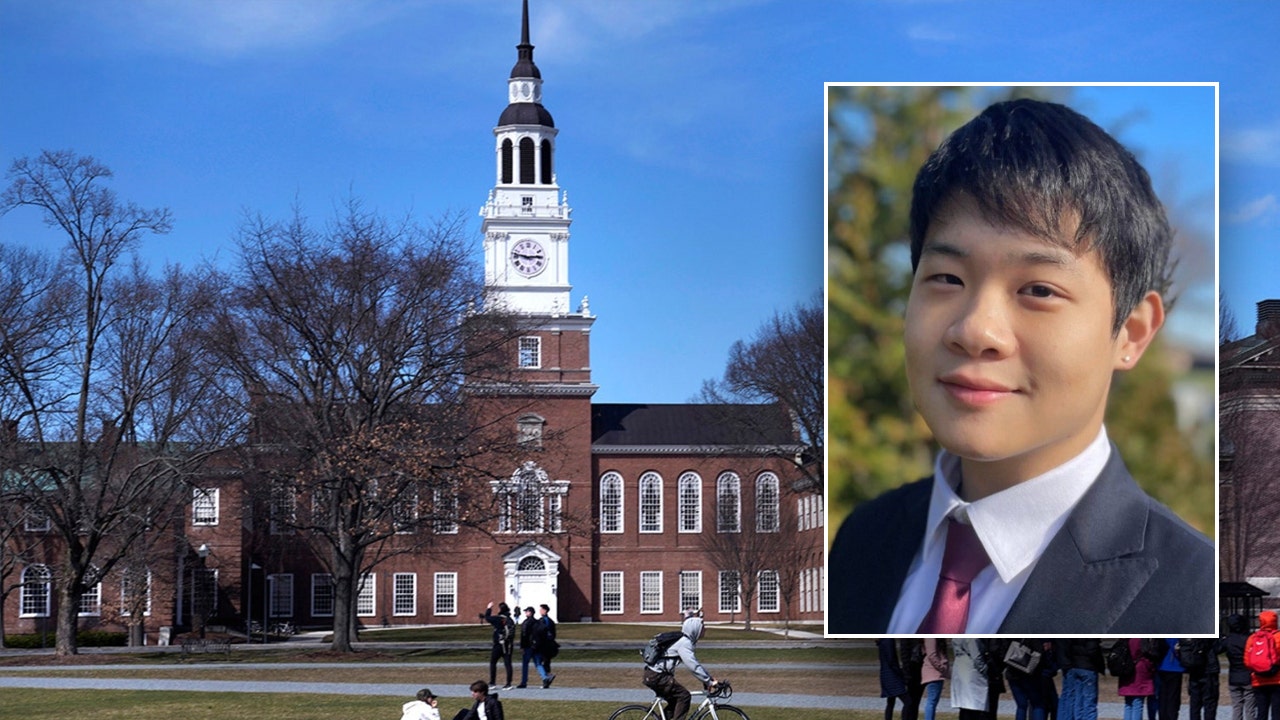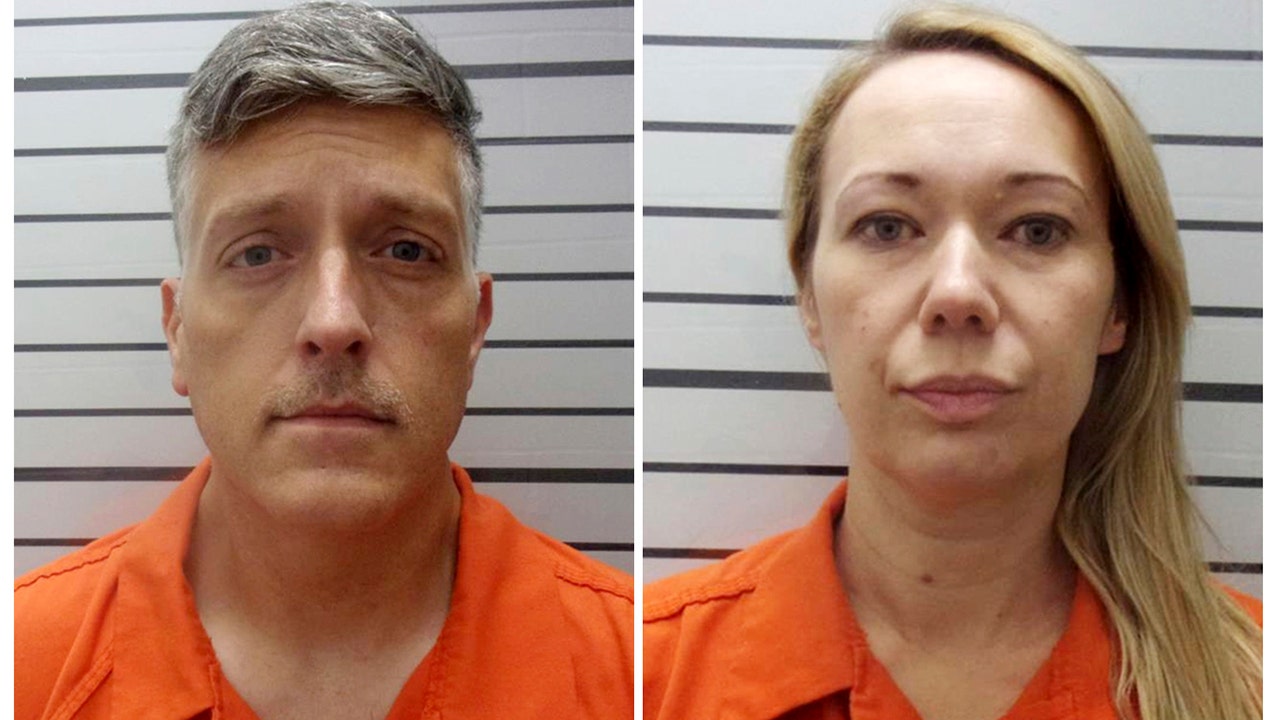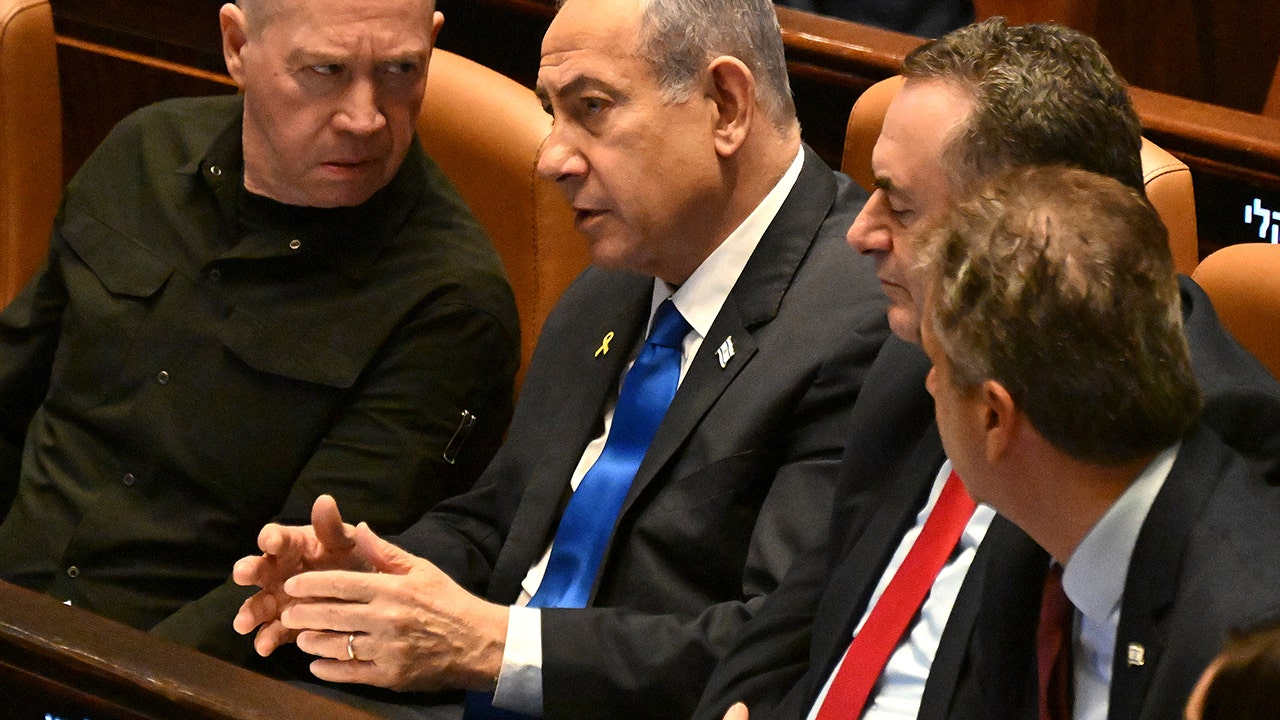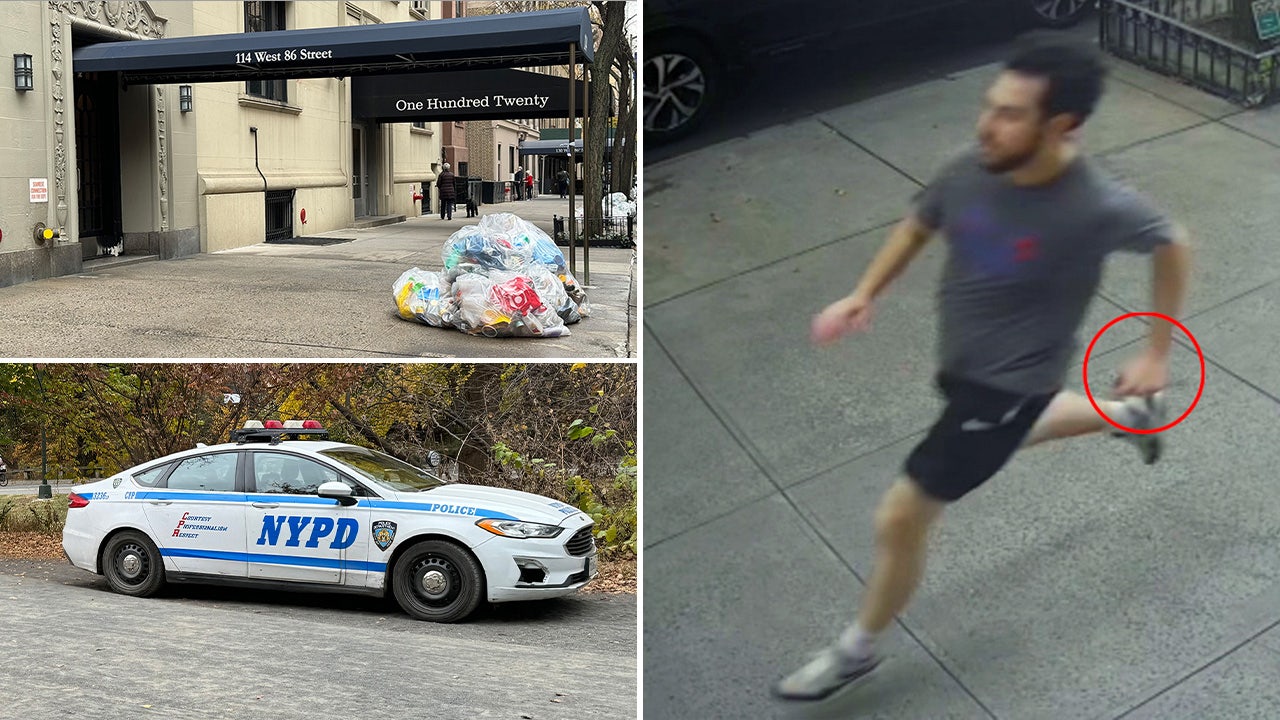For years, Jeff Sharp often relied on the same refrain when he came upon an addict. It usually involved an expletive and a blunt question: Why do you keep doing it?
Back then, more than two decades ago, Sharp — a detective with the Seattle Police Department’s gang unit — was on a bike patrolling high-drug use areas. Then, he was in an anti-crime unit focused on narcotics and fugitive apprehension.
“It was constant contact with people that were on drugs,” recalled Sharp, 53.
For more on the case, tune in to Wrong Turns on “Dateline” at 9 ET/8 CT tonight.
But what happened to his daughter Bailey transformed how he thinks of addiction — and led to a pair of murders that the veteran law enforcement officer never could have imagined. Roughly 1,000 miles from where she grew up, Bailey Sharp participated in a murder plot fueled by what one Southern California prosecutor described as “jealousy, greed, rage and addiction.”
Three weeks after the brutal 2016 killing of 25-year-old Justin Hilbert — who was repeatedly stabbed and shot in the head — Bailey met a similar fate, Riverside County Deputy District Attorney Amy Zois told a jury earlier this year.
Bailey, 23, was stabbed more than 20 times in broad daylight near a park in Riverside, the city of more than 300,000 in California’s Inland Empire, Zois said.
On April 16, former Navy sailor Jared Bischoff, 34, was convicted of murder and attempted kidnapping in Bailey’s death. Bischoff and a second defendant, Danny Serrano, 32, were also convicted of murder, kidnapping and conspiracy in Hilbert’s death.
In June, both men were sentenced to life in prison.
The only reason Bailey wasn’t charged in Hilbert’s murder, Zois told “Dateline,” is because she is dead.
Even though Jeff’s view of addiction took a dramatic turn before 2016 and left him with a better understanding of how the disorder hijacks the brain, the reality laid bare by the prosecutor left him and his wife struggling to comprehend how their daughter could have done something that went “against everything that we knew her to be,” said Ericka Sharp, Bailey’s mother.
The couple is speaking out for the first time in an effort to avoid the shame and stigma that Ericka said is often felt by families struggling with addiction and mental health challenges.
“It’s not something people want to talk about,” said Ericka, 53. “How much money you had, how you were raised, where you were raised — sometimes none of that matters.”
A spiraling drug problem
Bailey, the oldest of three children, grew up in a small town northeast of Seattle. Her mother, a managing partner with a brokerage, described her daughter as an easygoing kid who grew into an empathetic teen. She loved soccer and expressed interest in becoming a counselor.
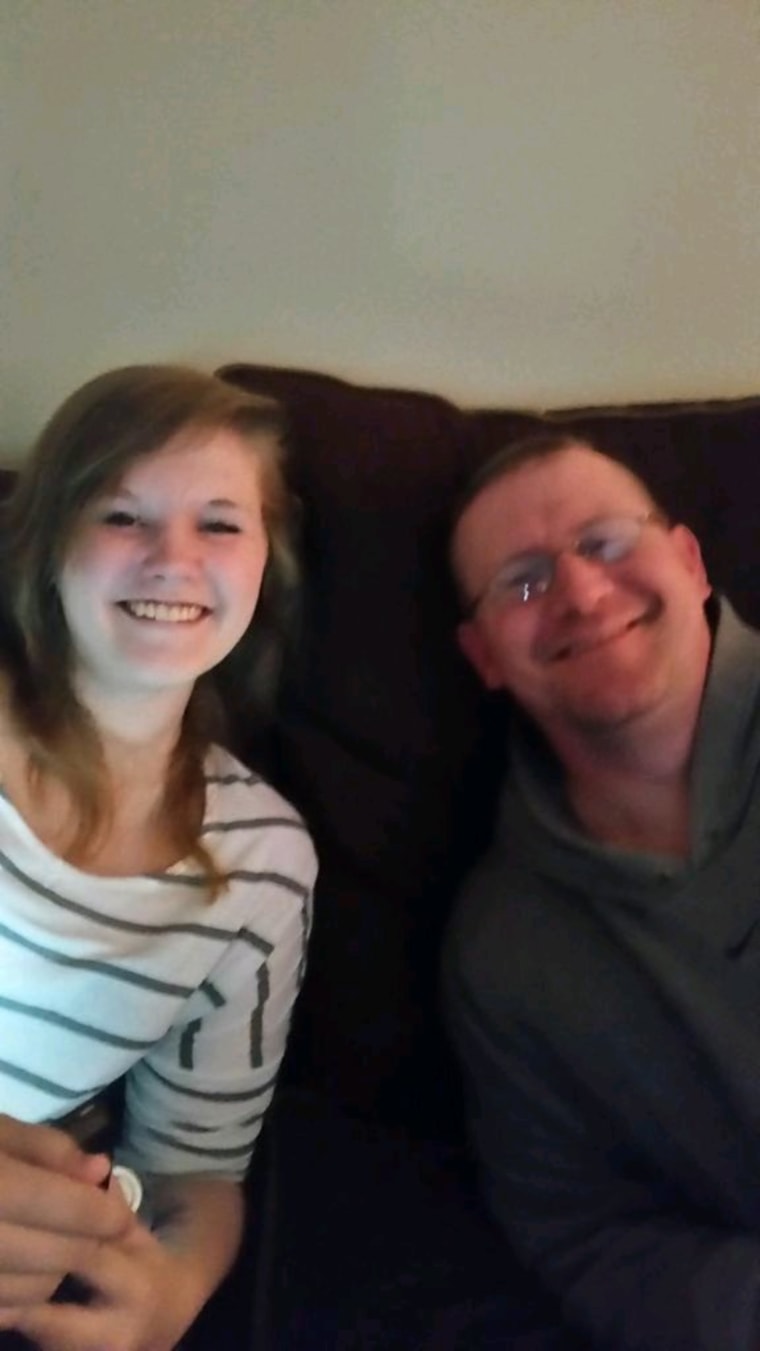
Bailey also struggled with a range of health problems — fibromyalgia, lupus, depression and anxiety, among others, Ericka said. After chronic pain forced her to quit soccer her sophomore year of high school, she turned to marijuana, pain pills and alcohol, her mother said.
Eventually, Bailey tried heroin, Ericka said, “and it just spiraled from there.”
There were overdoses, hospital visits, stays in a rehabilitation center in California and a move to Texas, where Bailey lived with Ericka’s parents in an effort to keep her away from the drug connections she’d established.
Jeff said that it was during Bailey’s stay at a rehab facility in Palm Springs a decade ago when his perspective on addiction was shattered. A class there offered a simple but profound lesson that he described as a “holy s— moment.”
“Once it wraps its claws around you, it’s not a choice anymore,” Jeff recalled learning. “Your brain is telling you that you’re going to do whatever you need to do to get this.”
Jeff realized that he’d had it all wrong, he said. He stopped asking the question — “why do you keep doing it?” — because he already knew the answer, he said.
“I was educated on what was really going on,” he said.
Now, he added, “I don’t ask those demeaning questions of a person that can’t fix what is going on.”
At one point during a visit with her parents, Jeff and Bailey had a conversation about their divergent paths. Sitting on the family’s couch, Ericka said, Bailey described the life of an addict — getting drugs, doing drugs, staying in drug houses. Jeff, meanwhile, talked about going into drug houses and arresting dealers.
“Watching this match go back-and-forth between the two of them,” Ericka said, “was a very surreal moment.”
A $100,000 conspiracy
Bailey appeared to be improving in Texas, her parents said. But in 2016, she moved to California and started dating Bischoff. Her parents said they were initially optimistic about the stability a military partner might provide.
Ericka still talked to Bailey often, she said, reminding her to go to an emergency room if an issue arose and that she had options available.
“You help them navigate back,” she said. “That’s all you can do.”
But on July 12 of that year, Jeff said, the couple learned their daughter was dead. She hadn’t died by overdose or succumbed to health woes — a reality her parents feared. Bailey had been murdered, the district attorney’s office told them. But it was years before they learned the grim details of their daughter’s involvement in Hilbert’s killing, they said.
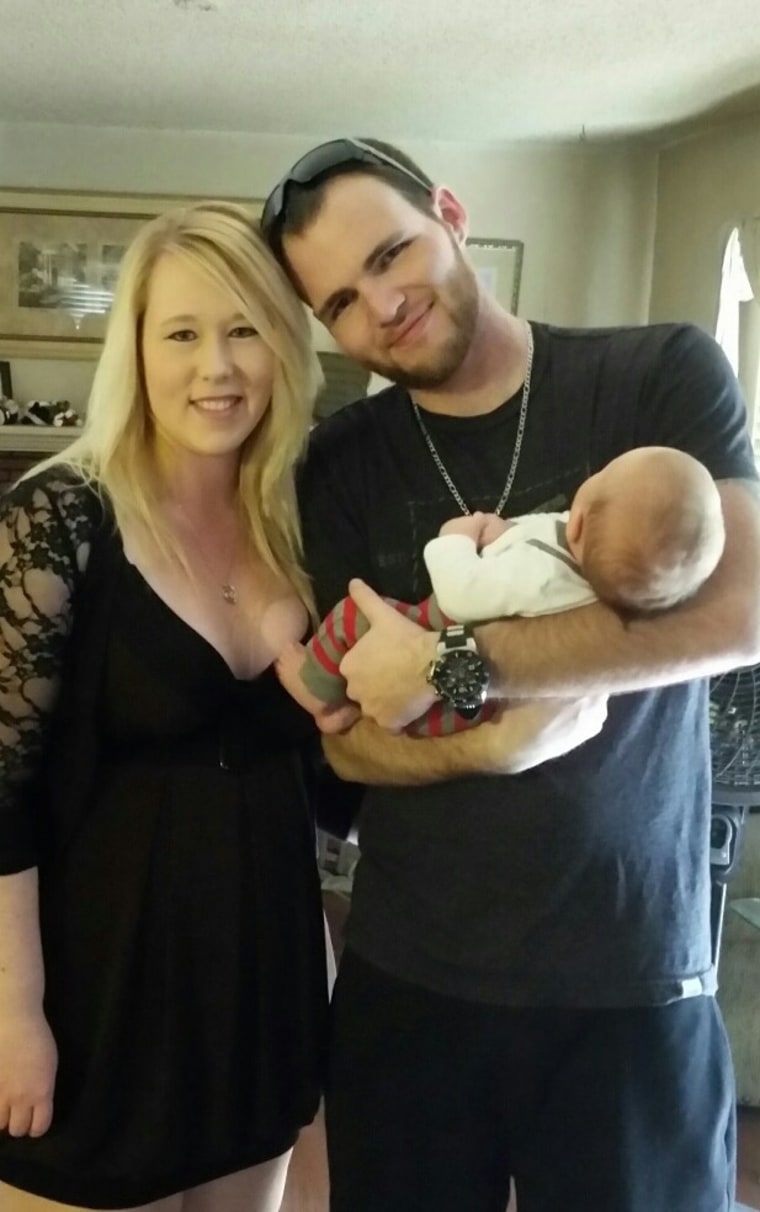
As Zois, the prosecutor, explained at trial, in the summer of 2016, Bischoff was furious that his wife had left him and reunited with Hilbert, her high school sweetheart. The couple had a young child, and Bailey — consumed by her heroin addiction and, by that point, selling drugs herself — agreed to help Bischoff kill his ex and her new family, Zois said.
Bischoff was motivated by jealousy and rage, Zois said. But the sailor promised Bailey part of a payout on the military life insurance policy he had on his ex, Tonya Reppe, the prosecutor said. Although the former couple was divorcing, Zois said, that process was not yet finalized.
The policy — worth $100,000 — was to be split between Bischoff, Bailey and Serrano, whom they recruited to help carry out the plot, Zois said.
A friend of Bailey’s who worked at a hookah bar where the trio hung out later testified that he overheard Bischoff and Bailey discussing the plan, an account that was backed up by cellphone location data, according to Sgt. Lance Stoyer of the Riverside County Sheriff’s Office.
Bailey later confessed to the friend what they’d done, Zois said.
A lawyer for Bischoff disputed this account, telling “Dateline” that his client had nothing to do with Hilbert’s murder. Bailey developed and carried out the plan on her own, he said.
At trial, a lawyer for Serrano denied that his client was part of the conspiracy and said he had no motive to kill Hilbert.

Two grisly deaths
On June 17, 2016, Bailey sent Reppe a friend request on Facebook, Stoyer said. Then she sent Reppe a message saying that Hilbert — who had also struggled with addiction — was using again and cheating on her, according to screenshots of messages reviewed by “Dateline.”
When she confronted Hilbert about the message on June 20, he denied relapsing and cheating, but said he’d recently met Bailey and she’d offered to cut him in on a drug deal, Reppe recalled.
Reppe implored Hilbert not to pursue the offer, she said, and what began as an argument ended up seemingly resolved.
“We’ll figure out another way,” she recalled telling him. “Just put a pin in this. Don’t do anything.”
Hilbert, who wasn’t living with Reppe, then left for the night, she said. That was the last time she saw him.
Hilbert was “taken,” tortured and fatally shot, Zois said. Although no murder weapon was found, investigators believe he was killed with a shotgun that belonged to Bischoff, Stoyer said.
Early the next morning, a motorcyclist discovered Hilbert’s body near a reservoir south of Riverside.
The Facebook messages show that after Hilbert left Reppe’s home, Bailey asked Reppe to meet her outside. But Reppe, who was at her mother’s house with her infant, declined Bailey’s offer, she told “Dateline.”
That failure meant there was no insurance payoff, Zois said. And without that money, the arrangement between Bischoff, Bailey and Serrano fell apart in the weeks that followed. Bailey began to distance herself from Bischoff, fearing for her safety, Zois said.
On July 10, Bailey met Bischoff near a park in Riverside. Witnesses, including Bailey’s friend from the hookah bar whom she’d asked to come along, saw what happened next, Zois said: Bischoff put Bailey in a chokehold and tried to drag her into the car. Then he began stabbing her, the prosecutor said.
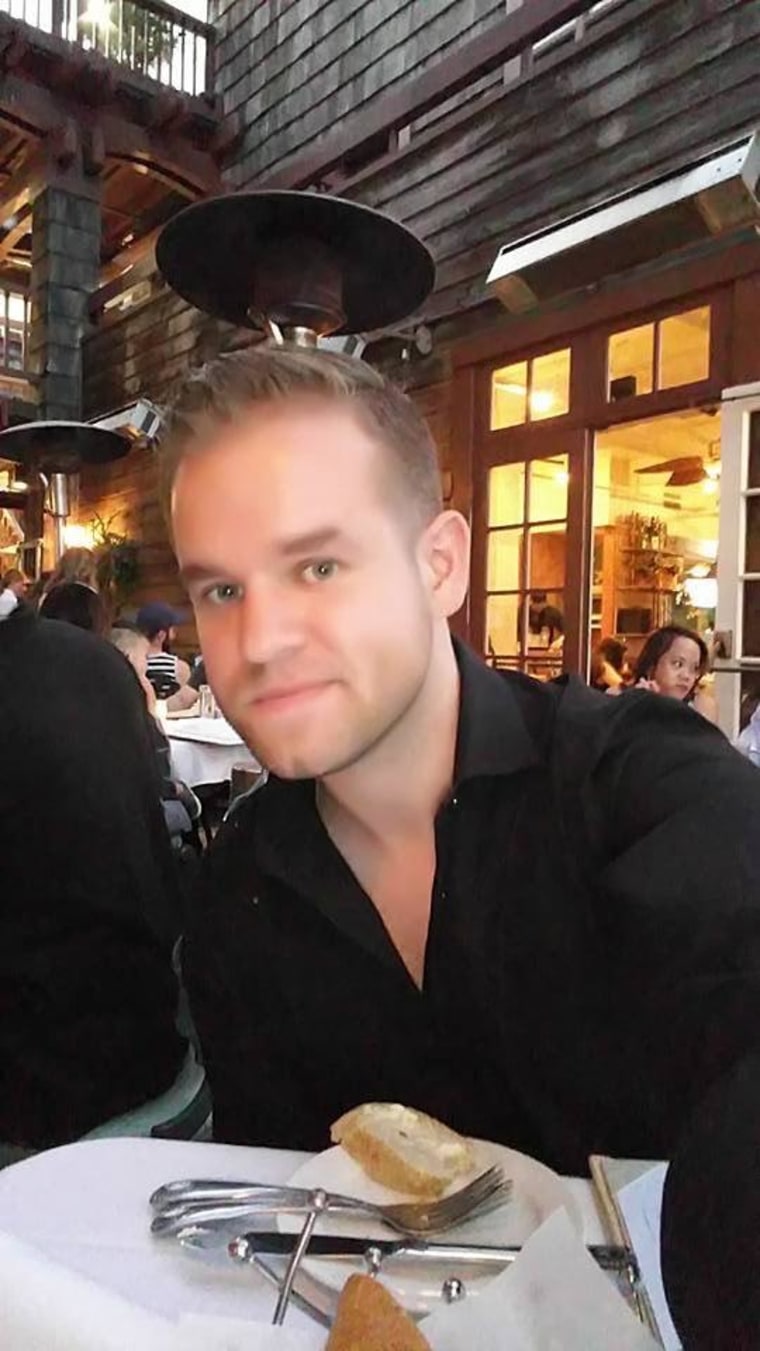
The friend, Ricky, still fears for his safety so NBC News is identifying him by only his first name. Ricky had remained at a distance at Bailey’s request, but he said he ran to the scene when he saw what was unfolding, according to an interview he provided to investigators.
Ricky was too late to intervene, however. He told authorities that he saw Bischoff’s bloodied face as the sailor got in his car and drove away, according to the interview.
“He had the look of, like, a scared person in his eyes,” he told investigators.
In an interview with “Dateline,” Zois said Bischoff was losing control of Bailey and likely believed she would reveal the conspiracy.
Bischoff’s lawyer told “Dateline” that his client stabbed Bailey in self-defense after she grabbed his knife.
A resolution years later
After years of delays due to Covid and other issues, the Sharps attended part of Bischoff’s trial this year with a view of their daughter that was complicated.
“To me, it wasn’t that she wasn’t a victim,” Jeff said. “But she was less of a victim. Which sounds horrible coming out of my mouth.”
Believing that the part of the trial focused on Hilbert’s murder was not for them to attend, Jeff said, they only stayed for the proceedings devoted to Bailey’s killing. At one point, they said, they briefly talked to Hilbert’s parents, Cathy and Steve Hudson, and told them that an apology was not enough.
Cathy told “Dateline” that she understood Bailey played a role in her son’s murder. But she also felt sorry for the woman, she said.
Read the full article here






